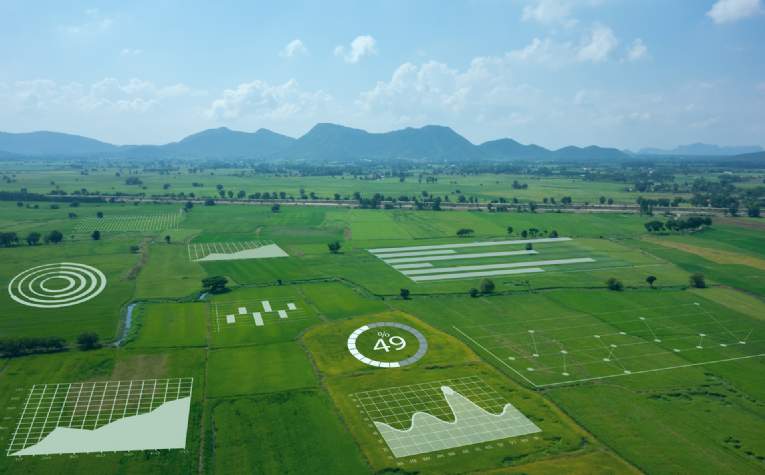Prolonged dry conditions saw large swathes of the UK officially moved into drought last year, with farmers and landowners under increasing pressure to find more effective ways to safeguard one of their most precious resources.
Investing in improved water management is a key consideration for all growers – be it more efficient storage through reservoir creation, better drainage and irrigation or using advances in technology to optimise application.
Our own Spotlight on Water research highlights how there are significant merits in being able to access water on-farm, including increasing productivity, enhancing business resilience and the potential uplift in value for land where water is available and irrigation infrastructure is in place (up to £1,000 per acre in some areas).
A second round of funding for the Water Management Grant – part of the wider Farming Transformation Fund – has now opened and could potentially help those farmers and landowners who are looking at projects to improve water management.
The scheme covers 40 per cent of capital costs up to £500,000 to help pay for large-scale projects such as building new reservoirs, improving irrigation equipment and controls and installing new abstraction points, pumps, pipework and water meters.
Investing in equipment such as trickle irrigators and software and sensors to optimise water application also qualify – particularly pertinent as changes in legislation look set to encourage farming systems that promote greater resource efficiency.
The minimum grant rural businesses can claim is £35,000 (40 per cent of £87,500), while the maximum is £500,000 (40 per cent of £1,250,000).
Farmers and landowners will need to check their eligibility for the scheme by completing a pre-application questionnaire on the Defra website by 12 July 2023. It is understood there will likely be a preference for neighbouring farms that decide to share resources by collaborating on a project.
The application will then be reviewed by the Rural Payments Agency and, if successful, a full application will need to be completed by the end of 2024 – with any planning permissions and abstraction licences already in place by that date.
It will obviously be important to ensure any investment fits with the wider business model – but for those needing to use a scarce resource more sparingly it could well be worth some serious consideration.
Further information
Contact Dan Murphy or Matt Riddington
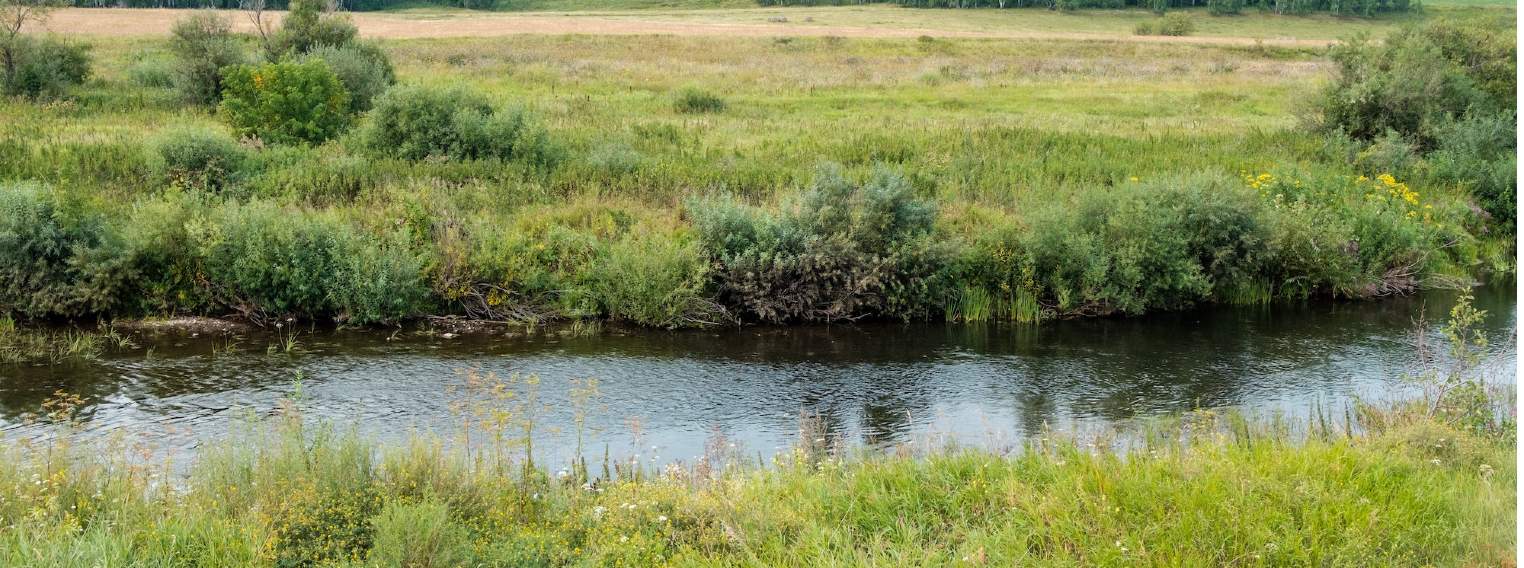
.jpg)
.jpg)
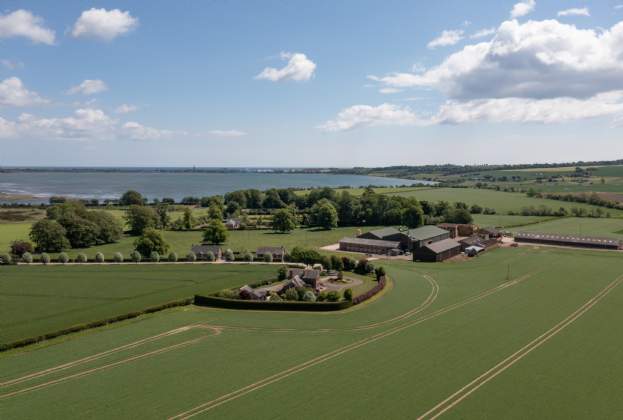
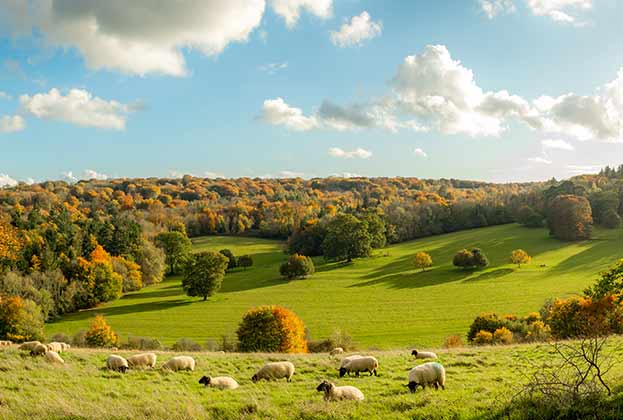
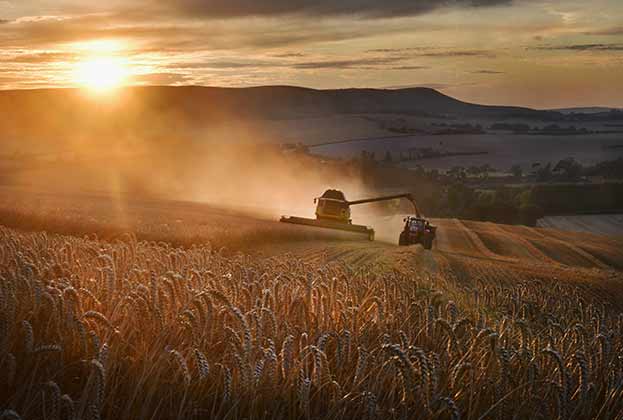
.jpg)
.jpg)
.jpg)
.jpg)
